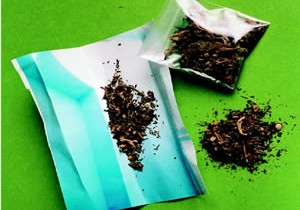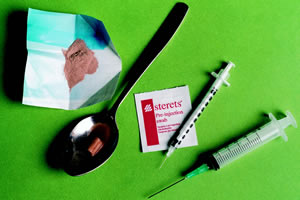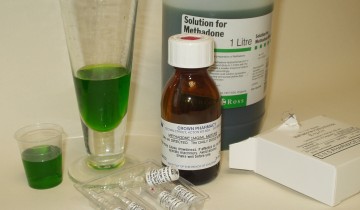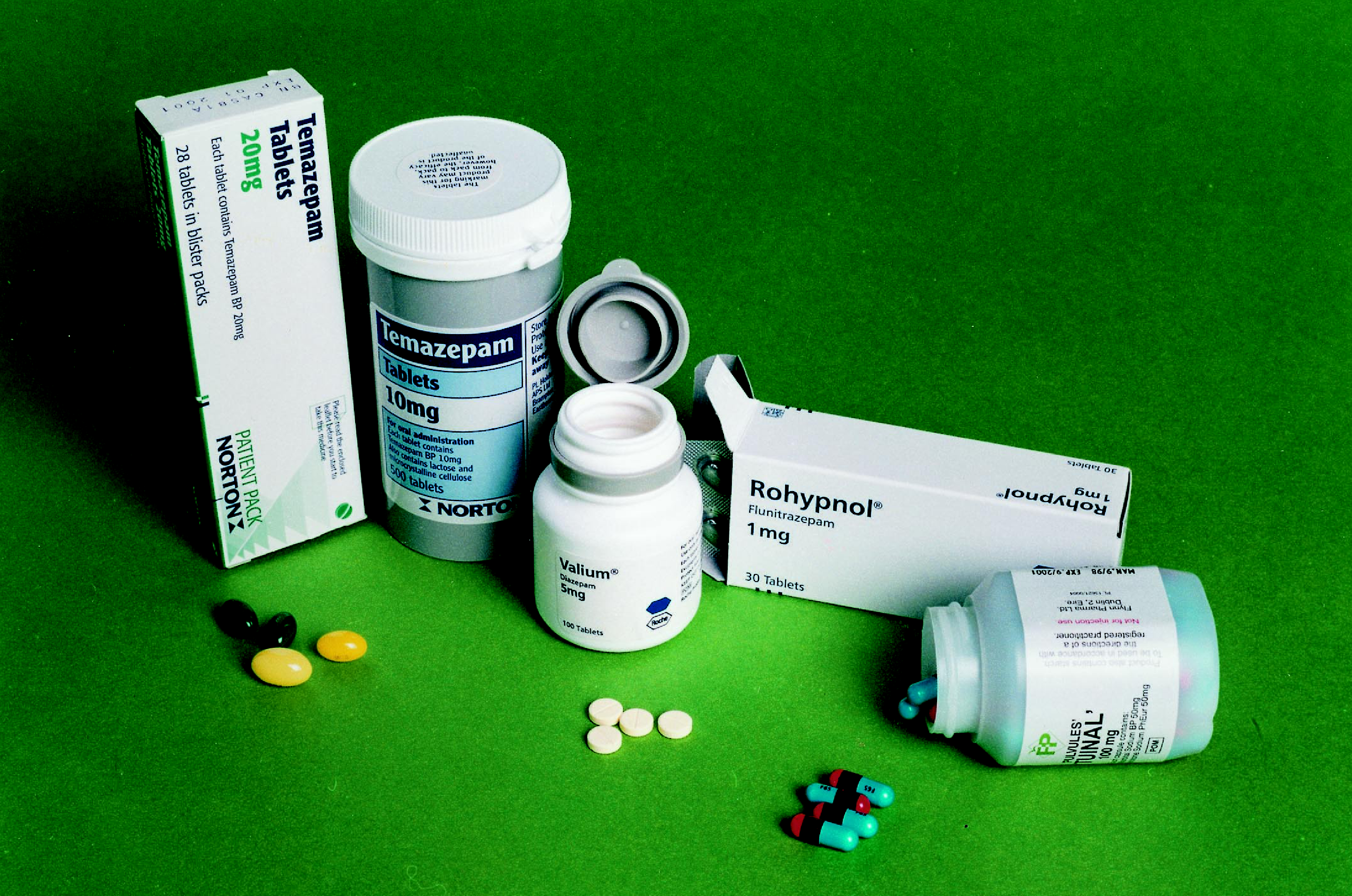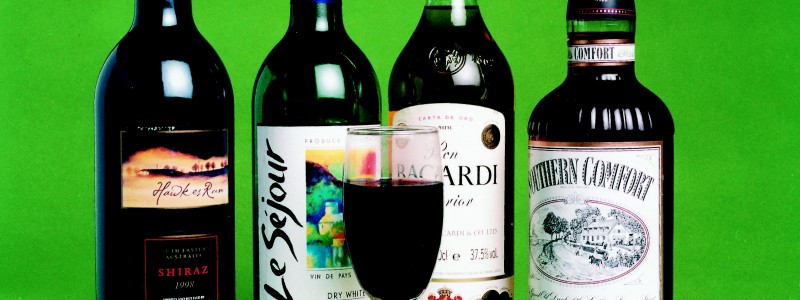
Contact drugsandstuff.co.uk if you’d like to organise drug and alcohol training for your organisation. I offer various alcohol training courses, e.g. aimed at managers, parents, carers, social workers, human resources staff. I can devise specific training courses to meet local needs.
Cutting down on alcohol this month? See top tips.
Street names
a few, alcopop, alky, bevies, booze, brew, Cab Sav, champers, cheeky few, cold one, drink, G and T, giggle juice, giggle water, hair of the dog, hard stuff, hooch, night cap, piss, poison, sherbets, wide variety of brand names.
Description
A depressant drug that slows down the central nervous system. Alcohol consist of water and ethanol, produced by the fermentation of fruits, vegetables or grains. The strength of alcoholic drinks is shown on the label by a number followed by ‘Alcohol % vol’, or ‘% ABV’, (Alcohol By Volume). The higher the percentage, the stronger the drink. Units are also used to compare the amount of alcohol in different drinks.
A unit is equivalent to 8 grams or 10 ml of pure alcohol. And one unit is equivalent to half a pint of ordinary beer or lager, a small glass of wine or a single pub measure of spirits (25ml). In moderation, alcohol can be beneficial. For example, after the menopause there is evidence that drinking one or two units a day can protect against the risk of coronary heart disease. And for men aged 40 and over there is evidence that drinking one or two units a day can reduce the risk of coronary heart disease.
The NHS recommends that men should not regularly drink more than 3-4 units of alcohol daily and women should not regularly drink more than 2-3 units daily.
Alcohol and Older People
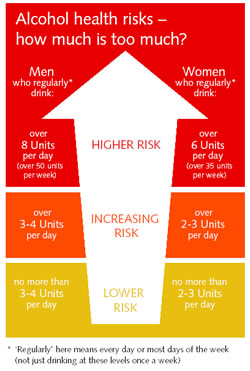
The Royal College of Psychiatrists has recently said people over 65 should drink a maximum of only 1.5 units of alcohol a day. That is the equivalent of just over about half a pint of beer or a small glass of wine. In their report they argue older drinkers are less able to process alcohol and the drink might also interact with medication they may be taking for other ailments. It warns current advice – 14 units of alcohol for women and 21 for men each week – is based on work with young adults. They report there is a growing problem with substance abuse among older people, who they describe as society’s “invisible addicts”. The report says a third those who experience problems with alcohol abuse do so later on in life, often as a result of big changes like retirement, bereavement or feelings of boredom, loneliness and depression. But the extent of the drinking is hidden because unlike younger drinkers, more older people drink in their own homes, the report suggests. The problem is exacerbated by the widespread use – and misuse – of prescribed and over-the-counter medicines among elderly people which can interact badly with alcohol. Compounding the problems are the changes our bodies undergo as we get older which mean we are less able to cope with the effects of alcohol.
We would like to develop a new course – Alcohol and Older People. If you’re needing this type of training, we’ll give you a 50% discount of the standard training rates. Help us to help you.
Possible short-term indicators
- Users can feel more relaxed, cheerful and less anxious.
- Users can become less inhibited, more talkative.
- As more is consumed they lose their self-control and reactions, judgment, co-ordination, and ability to reason are all impaired.
- Speech becomes slurred and vision becomes blurred, and the chance of accidents increases sharply.
- Eventually users can pass out and run the risk of choking if they vomit.
- Users may have the smell of alcohol on the breath.
- During a hangover a user may experience headaches, irritability, tiredness, lethargy. Some people will have more intense hangovers than others.
Possible longer-term indicators
- In large or prolonged use: increased risk of strokes, liver disease, high blood pressure, infertility, diseases of the nervous system.
- Approximately 40,000 UK deaths per year are directly related to alcohol. Many more deaths are associated with alcohol related accidents.
- Moderate drinking (i.e. 2-3 units or so a day) for those over the age of 40 seems to reduce the chance of a heart attack.
For information about family alcohol problems, click here
Harm reduction
- Limit daily intake to 4 units for adult men and 3 units for adult women.
- Don’t use alcohol and other drugs together.
- Don’t drink excessively at any one time.
- Know your limit and stick to it.
- Don’t drink and drive, or use machinery whilst under the influence.
Alcohol can be a useful form of social lubrication and there is some evidence that a glass of red wine every now and then can help protect against coronary heart disease, but for some people this glass or shot or bottle of beer becomes something that they can’t get through the day without.
The CAGE questionnaire can help work out if your alcohol use is concerning.
If you answer yes to a few of these it might be worth having a chat with a professional, or exploring alcohol concern’s website (www.alcoholconcern.org.uk for more information.
C – Have you ever thought you should CUT DOWN on your drinking?
A – Have you ever felt ANNOYED by others’ criticism of your drinking?
G – Have you ever felt GUILTY about your drinking?
E – Do you have a morning EYE OPENER?
Legal status
Alcohol cannot be sold without a licence. It is against the law:
- To sell alcohol to someone under 18 anywhere.
- For an adult to buy or attempt to buy alcohol on behalf of someone under 18 (retailers can reserve the right to refuse the sale of alcohol to an adult if they’re accompanied by a child and think the alcohol is being bought for the child.)
- For someone under 18 to buy alcohol, attempt to buy alcohol or to be sold alcohol.
- For someone under 18 to drink alcohol in licensed premises, except where the child is 16 or 17 years old and accompanied by an adult. In this case it is legal for them to drink, but not buy, beer, wine and cider with a table meal.
- For an adult to buy alcohol for someone under 18 for consumption on licensed premises, except as above.
- To give children alcohol if they are under five.
